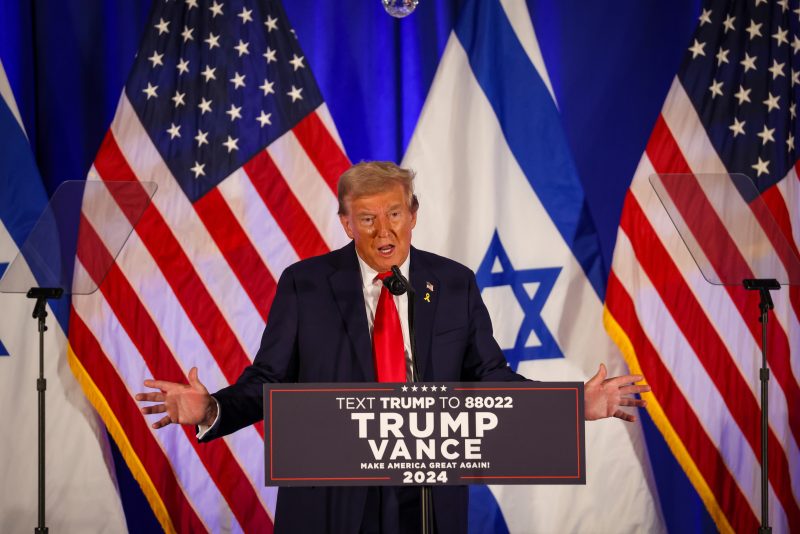Body:
Donald Trump, the 45th President of the United States, has stirred up heated discussions in the political world due to his criticisms towards Jewish Democrats. Notably, he has blamed their party – the Democratic Party, for the rise of antisemitism. His comments have sparked a wide array of reactions; whilst some defend his stance, claiming that antisemitism is a growing issue within the Democratic party, others condemn his remarks and regard them as an exploitation of a sensitive issue for political gains.
Trump’s critiques directed towards Jewish Democrats have been potent and unguarded. In August 2019, he stated that Jewish people who vote for Democrats show “either a total lack of knowledge or great disloyalty,” thus suggesting that the party’s principles stand in opposition to Jewish interests. These comments were based on his belief that Democrats are being soft on antisemitism, perpetuating racist incidents, and the party has become conformist to a growing wave of leftist ideologies that downplay the significance of discrimination against Jews.
One of the instances that Trump often associates with his claim involves Congresswomen Ilhan Omar and Rashida Tlaib, both Democrats. He accuses them of making antisemitic remarks, thereby highlighting an alleged inconsistency between the party’s stance on discrimination and the actions of its members. However, critics argue that Trump’s discourses about Jewish Democrats are less about the fight against antisemitism and more about an effort to crack the unity of the Democratic party.
Indeed, critics of Trump believe that the President is using antisemitism as a political tool. They emphasize that Trump’s assertions are designed to appeal to conservative Jews and Israel-supporting evangelicals, thus, swaying the vote in his favor. Critics also argue that Trump’s sweeping generalizations about Jewish Democrats contribute to deepening divisions in the country, undermine democratic values, and shroud the complexities of the issue in an overly simplistic narrative.
Despite the controversy, Trump’s followers champion his critical approach. Supporters argue that Trump, who has a history of recognizing Jerusalem as Israel’s capital and of closing diplomatic ties with Palestinian groups, is voicing genuine concerns about antisemitism in the Democratic party. They suggest that his criticisms are in line with his commitment to the Jewish community, and view it as his attempt to push Democrats towards introspection and necessary reforms.
In conclusion, Trump’s criticisms toward Jewish Democrats and his associating them with a growth in antisemitism have brought to surface the dichotomous reactions they






























